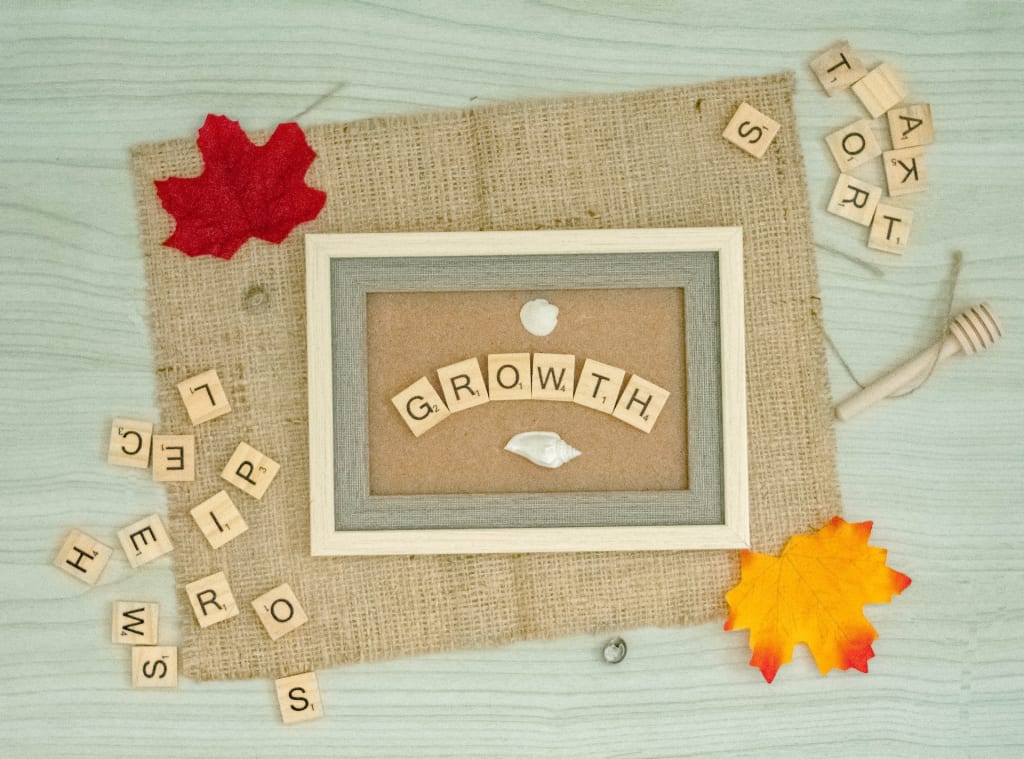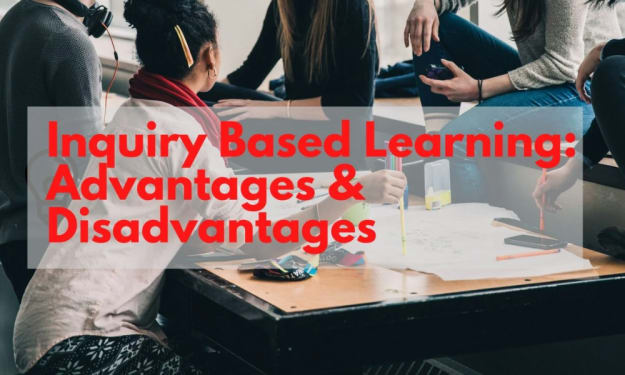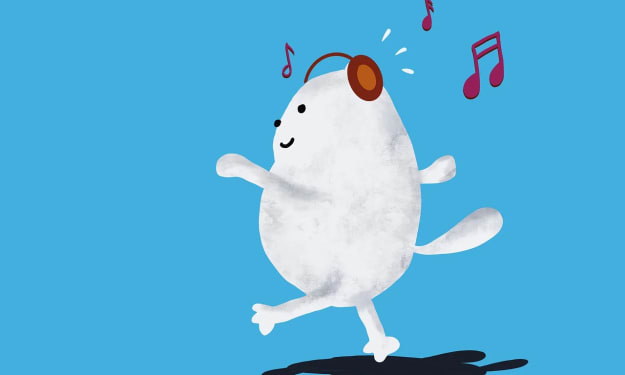Ways To Improve The Vocabulary Of Your Kid
As a parent, you should always be looking for new ways to help your children expand their vocabulary. Here are a few examples for you.

We are all aware that encouraging creativity is one of the most difficult challenges that most people face. Creativity in students blossoms when teachers with educational videos for preschool foster an environment conducive to creativity, which frequently spills over into their homes and future lives. Parents can try to be aware of the tips and tricks, as well as games and activities that help children improve their vocabulary by utilizing creativity and innovative tools.
As a parent, you should always be looking for new ways to help your children expand their vocabulary. Here are a few examples for you.
Vocabulary Exercises
It is one of the most effective strategies used by most parents and teachers around the world. Ask children to locate the vocabulary words they are learning in class and in the books they are reading. As you can see, this would be a great motivator for them all to start reading more in their spare time. They will be exposed to a large number of words.
The vocabulary exercise is a one-of-a-kind example of a simple yet innovative strategy that parents can use for their children to make learning fun, especially for a long-term exercise like expanding their children's vocabulary. The idea is to encourage children to read more so that they can be exposed to new words and naturally learn their usage as well as the context in which they are commonly found.
As we all know, learning new words necessitates memorizing their spellings, conjugations, and pronunciations. It also entails understanding their usage in various contexts, especially for words with multiple meanings. All of these aspects of vocabulary development necessitate a combination of rote learning and comprehension of word meanings.
Use Flashcards
Flashcards can be a very effective tool for mastering the rote-learning aspect of words and ensuring that they stick in your children's memories. Flashcards can be used by parents to organize quizzes for their children. This is just one of many ways that flashcards can be used. Flashcards have numerous applications, and there are numerous flashcard apps available online.
Teach Correct Pronunciations
Teachers and parents frequently complain that one of the most difficult skills to instill in their students is pronunciation. Students are introduced to new words not only in language class, but also in science, social studies, and mathematics classes as they read their textbooks. However, subject teachers do not always teach the correct pronunciation of a word or technical jargon, and these pronunciation errors are frequently carried over into students' adult lives. As a result, it is critical to instill in them the habit of learning the correct pronunciation as well as the meaning and usage of the word in order for them to become self-sufficient learners as they grow.
One of the most important things to teach students about English with the help of preschool learning videos is that it is not a phonetic language, which means that English words are not always pronounced the way they are spelled. You can demonstrate this by using examples of the same alphabet with different sounds. For example, the letter "e" is used to represent different sounds in the words "egg," "he," and "item."
Buy some mnemonic tools
Although visually appealing word maps and pronunciation guides aid students in learning and memorizing most words, some difficult ones necessitate the use of an additional memory aid. Mnemonics are extremely useful in this situation. A mnemonic is any memory aid that we use to help us remember difficult concepts. For example, "VIBGYOR" is a common acronym for the rainbow colors Violet, Indigo, Blue, Green, Yellow, Orange, and Red.
Creating mnemonics to help students remember difficult words can be a fun class activity. Creating a virtual mental image like this to associate the words with their meaning can help your children memorize the word more effectively. When the kids have finished creating their mnemonics for the assigned words, ask them to share them with you and have fun embellishing their mnemonic stories.
Make them learn some root words, prefixes, and suffixes
Knowing root words, prefixes, and suffixes can significantly boost your children's vocabulary. Because the combination of these few words can form many more words, learning the meanings of these few words can help your children understand the meanings of others. Learning the meaning of the root word "bene," which means "good," for example, can help your students understand the meanings of benediction, benefactor, beneficent, beneficial, benefit, benevolent, and many more. All of these words have different meanings that are related to the word "good."
After teaching your children a few root words, prefixes, and suffixes, have them list as many words as they can for each of these words.
About the Creator
Amit Kumar
Full-time thinker & part-time writer...
Enjoyed the story? Support the Creator.
Subscribe for free to receive all their stories in your feed. You could also pledge your support or give them a one-off tip, letting them know you appreciate their work.






Comments
There are no comments for this story
Be the first to respond and start the conversation.